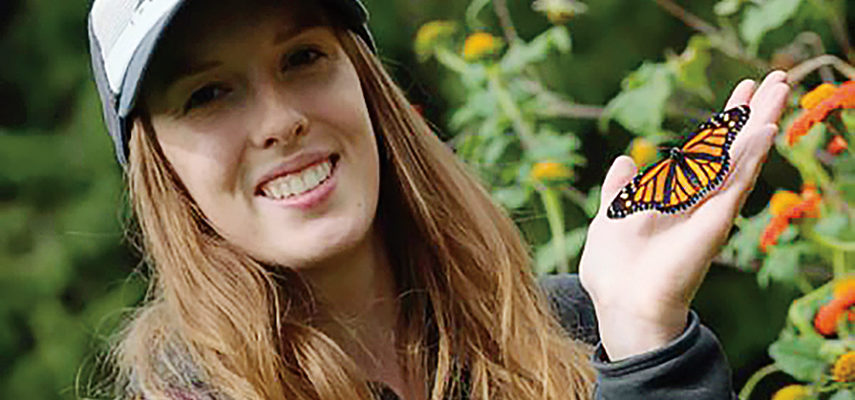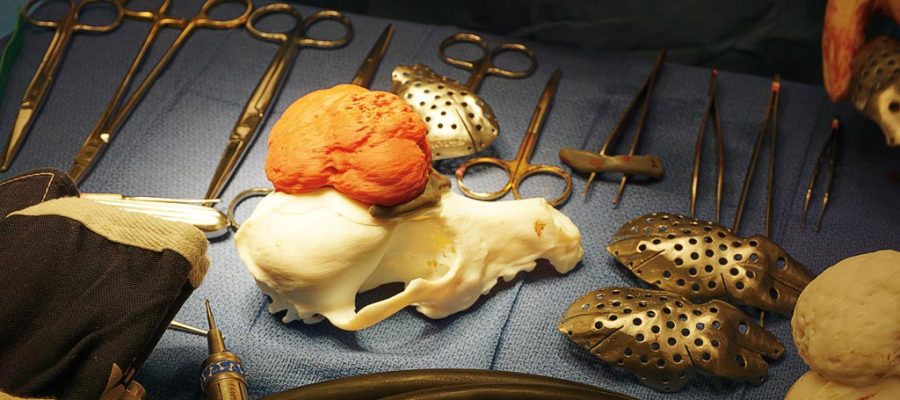What you say on Facebook may affect your professional credibility – especially for those in the health industry. U of G researchers found that posting only one subtle comment expressing workplace frustration was enough for people to view you as a less credible health professional. The first-ever study was published in the Journal of Medical
Facebook: friend or foe for health professionals?






